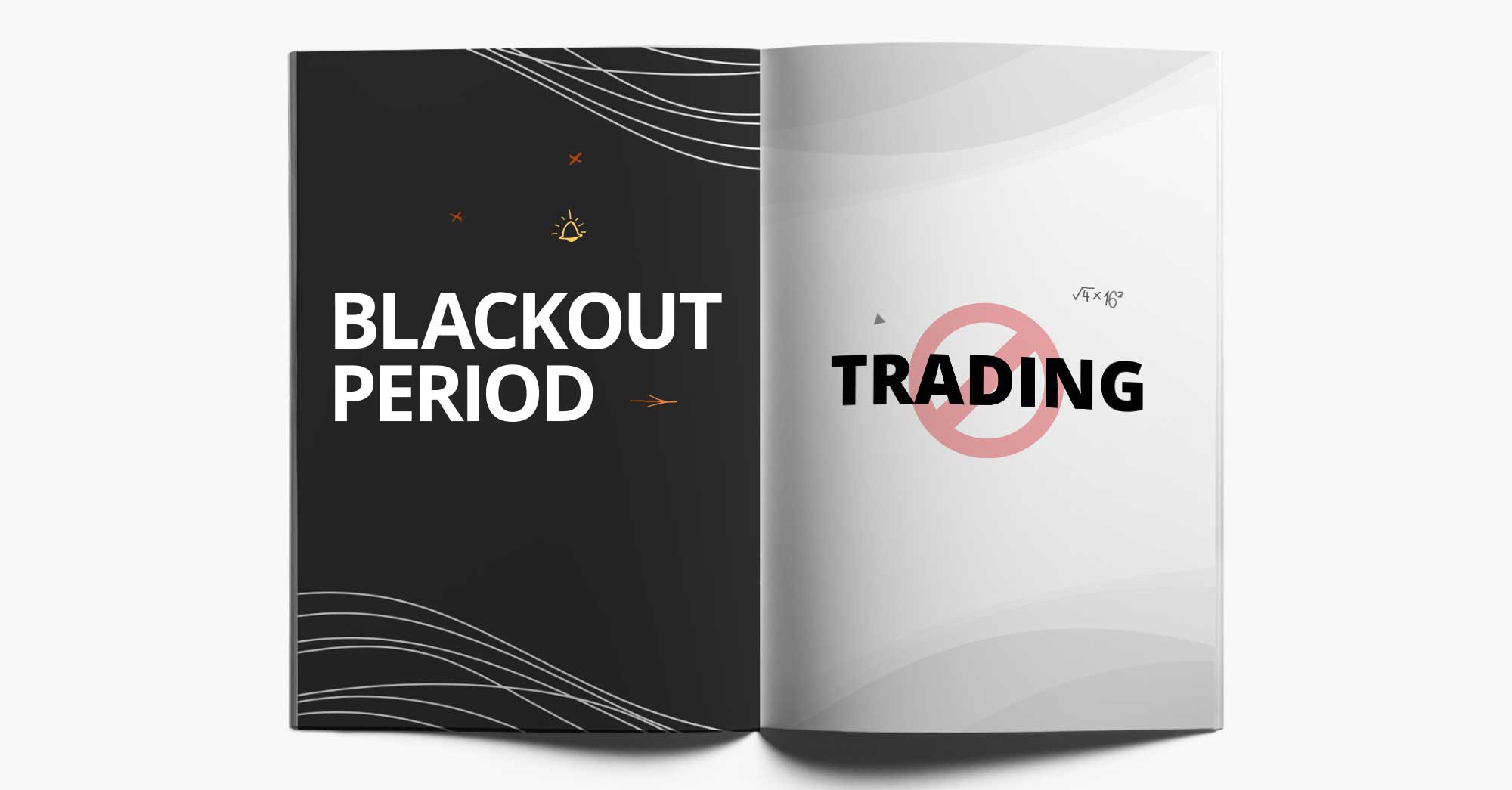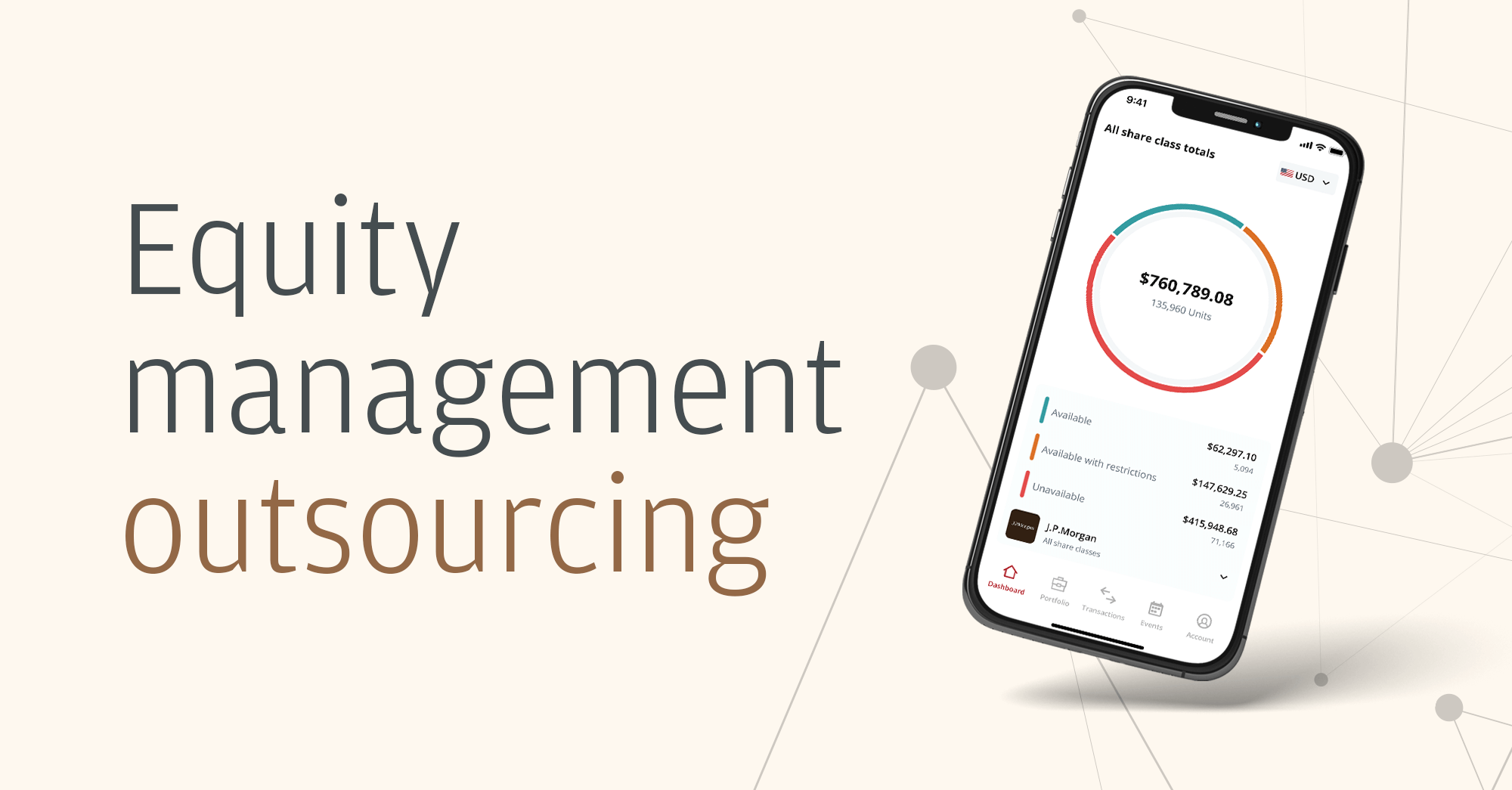During a blackout period in trading, key executives and other individuals are prohibited from buying or selling shares in the company they work for.
Blackout periods are most commonly triggered in the run-up to quarterly earnings announcements, or against the backdrop of specific landmark events, such as an imminent merger or IPO flotation.
Why are blackout periods needed?
The logic behind forbidding insiders from making trades around those times is that companies are conscious of not wanting to fall foul of Securities and Exchange Commission (SEC) rules on insider trading or raise any unnecessary suspicions in that direction. Against that backdrop, businesses have broadly formed the view that perhaps the most effective way to ensure that no questions are put to them about possible use of material non-public information (MNPI) in the buying or selling of company stock is to insist that the relevant personnel refrain from engaging in trades for a defined period, usually lasting from about a fortnight to around one month.
That way, the leeway for company insiders to use knowledge not yet available to the wider public for the purposes of opportunistic trading, whether intentionally or otherwise, is greatly reduced. These restrictions also send out a positive message to the outside world, demonstrating that a company takes its legal obligations seriously and is committed to fairness and transparency when it comes to the buying and selling of its stock.
So, a blackout period is not formally demanded by the SEC, but instead is best viewed as a practical strategy implemented by companies in seeking to abide by the relevant rules and regulations and also looking to minimize the potential for negative optics around trading at sensitive moments.
IPOs, blackout periods, and exceptions
With regard to IPOs, the necessity for a blackout period leading up to company shares being traded on a stock exchange for the first time and then the typical 180-day post-IPO lock-up period can for an extended period tie the hands of those who otherwise might look to sell some of their stock. However, SEC rules do not rule out completely the possibility of trades taking place during blackout periods. Rule 10b5-1, introduced in 2000 and updated earlier this year, provides an affirmative defense for employees, officers, and directors of public companies against accusations of insider trading on the basis of MNPI. So, trading plans that meet the conditions set out in Rule 10b5-1 allow individuals to fall back on that defense in the event of the legality of certain transactions being questioned, and adhering to those terms also means that it becomes possible for trading to take place during blackout periods.

How does Rule 10b5-1 work?
To be compliant with Rule 10b5-1, insiders are required to put a plan in writing with details on, for example, how many shares are to be bought or sold, the price to be paid, when the transactions will take place, and whatever formula or metrics are used in making those determinations. Also, individuals must offer a pledge at the time of making the plan that they are not in possession of any MNPI.
As mentioned above, the SEC added updates to the existing legislation earlier this year, with a view towards tightening up 10b5-1 and minimizing the leeway for abuses of the rule. The terms now require, for example:
- An expansion of the good faith requirements, i.e., as well as pledging good faith at the outset, insiders must now commit to behaving in good faith throughout the life of the trading plan, however long it lasts.
- A mandatory cooling off period, i.e., to be eligible for the 10b5-1 protection, insiders must undertake not to engage in trading of company stock for a specified period after the formal adoption of a trading plan – 90 to 120 days for directors and officers and 30 days for others deemed to be insiders.
Who are subject to blackout periods?
Depending upon the circumstances, different individuals in various roles can expect to be made subject to a blackout period.
For example, underwriters directly involved with an IPO can face restrictions on publishing research on or making public appearances in connection with the launch and for a short period post-flotation (10 days).
While it’s not necessarily a universal approach, blackout periods can also apply to family members of company personnel. When a business chooses to make this a rule, that means neither individual who works for the business or their direct family members will be able to trade in company stock for the duration of the blackout.
With quarterly blackouts triggered by earning announcements, personnel with access to key financial information prior to its being made public will be targeted, e.g., senior executives and accountants.
More generally, the National Association of Stock Plan Professionals (NASPP), in conjunction with Deloitte, published survey findings in 2020 highlighting what groups of individuals are most likely to be made subject to quarterly blackout periods:
- Section 16 executives (e.g., stockholders who own more than 10% of the company and directors) – 98% of responding businesses
- Other senior management – 94%
- Outside directors – 93%
- Employees with access to financial details or MNPI – 90%
The NASPP also noted that lower ranking employees are more likely to be made subject to blackout periods in smaller companies. So, based on those findings, the smaller the company the wider the blackout net tends to be spread.
For more information on blackout periods and what they might mean for you, contact us today and speak to our experienced personnel.
Please Note: This publication contains general information only and Global Shares is not, through this article, issuing any advice, be it legal, financial, tax-related, business-related, professional or other. The Global Shares Academy is not a substitute for professional advice and should not be used as such. Global Shares does not assume any liability for reliance on the information provided herein.








